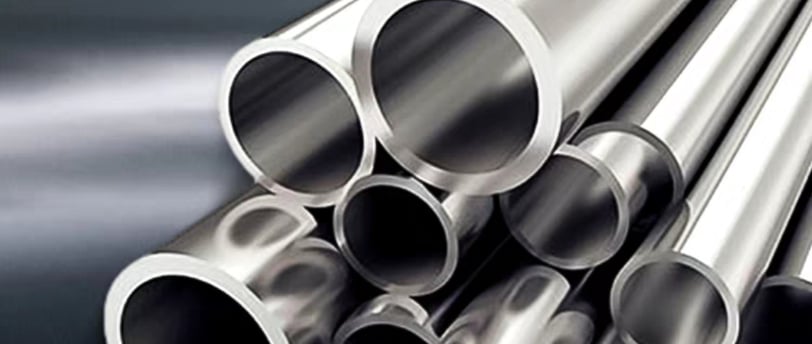Top Corrosion-Resistant Cleanroom Tubing Benefits for Your Industry
Discover the corrosion-resistant cleanroom tubing benefits, from contamination prevention to extended lifespan, to enhance operational efficiency and meet compliance standards.
SHEENTUBE
11/6/20242 min read


Why Corrosion Resistance Matters in Cleanroom Tubing
Introduction
Corrosion resistance is a critical factor in choosing tubing for cleanroom environments, where strict contamination control and high efficiency are essential. Cleanroom tubing is used in sensitive industries like biopharmaceuticals, semiconductors, and food processing, where even minor contamination can compromise product quality. This article explores the importance of corrosion-resistant tubing in cleanrooms and how it supports long-term efficiency and cleanliness.
1. Preventing Contamination
Corrosion can lead to material degradation, resulting in particles or contaminants that can affect cleanroom conditions. For industries such as biopharmaceuticals, where sterility is essential, corrosion-resistant tubing helps ensure a clean environment free of particulates. Using corrosion-resistant materials, such as 316L stainless steel, prevents unwanted reactions with cleaning agents, which reduces the risk of contamination. This feature is crucial in maintaining the purity required in highly regulated environments.
2. Enhancing Tubing Longevity
Corrosion-resistant tubing offers a longer service life compared to non-resistant materials, meaning fewer replacements and less maintenance over time. This durability is especially beneficial in cleanroom environments where tubing is exposed to aggressive cleaning chemicals and sanitization processes. By resisting corrosion, the tubing maintains its structural integrity, reducing the likelihood of leaks or failures that could disrupt operations. In the long run, corrosion-resistant tubing contributes to lower maintenance costs and fewer operational disruptions.
3. Supporting Operational Efficiency
In cleanroom environments, downtime is costly, and any unexpected maintenance can hinder production. Corrosion-resistant tubing supports operational efficiency by minimizing the need for repairs and replacements. With fewer maintenance requirements, cleanrooms can maintain steady production schedules, increasing productivity. This efficiency directly impacts industries like semiconductors and biopharmaceuticals, where production continuity is essential to meet market demands.
4. Meeting Compliance Standards
Strict cleanliness and safety standards govern cleanroom environments, and corrosion-resistant tubing helps ensure compliance. Materials like stainless steel meet certifications such as ISO 14644 for cleanroom standards and ASME BPE for biopharmaceutical applications, demonstrating their reliability in sensitive environments. By using corrosion-resistant tubing, industries can confidently adhere to regulatory standards, simplifying audits and validations.
Conclusion
Corrosion-resistant tubing is essential for cleanrooms, providing contamination prevention, longevity, operational efficiency, and regulatory compliance. For industries that require consistent, contamination-free environments, investing in high-quality, corrosion-resistant tubing is a strategic choice that promotes long-term productivity and cleanliness. Choosing the right tubing not only enhances performance but also contributes to a safer, more efficient operation.

Sheentube
High-quality stainless steel tubes for industries.
+86 15203012590
© 2024. All rights reserved.
